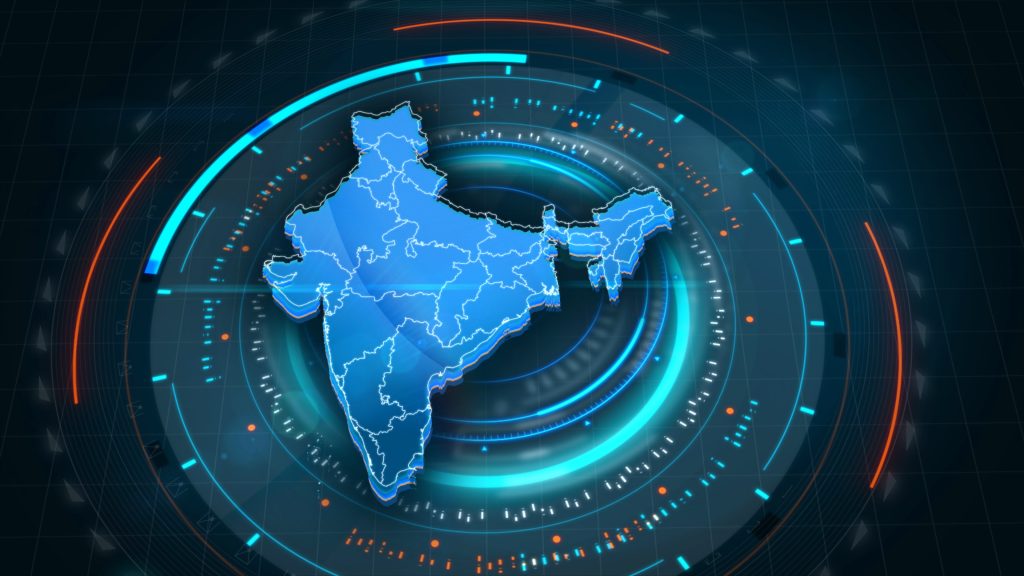Semiconductor council urges India to alter its tariff stance on digital e-commerce and data transfer
India’s position is that digital services, which were once physical goods subject to traditional tariffs, should now be taxed. They argue this is crucial due to the revenue loss developing nations experience as imports of these services from developed countries increase.

A consortium of international semiconductor organisations called the World Semiconductor Council (WSC) has urged India to reevaluate its proposed tariffs on digital e-commerce and data transfers. They warned that such measures could hinder the growth of India’s own chip design sector. The group, in a letter to the Indian Prime Minister Narendra Modi, expressed how duties on data transfer would go on to offset India’s efforts to advance in the semiconductor industry. They further added that India’s backing of the moratorium extension would affirm its commitment to a conducive investment climate for semiconductor firms.
India’s position is that digital services, which were once physical goods subject to traditional tariffs, should now be taxed. They argue this is crucial due to the revenue loss developing nations experience as imports of these services from developed countries increase.
At the upcoming World Trade Organization (WTO) meeting in Abu Dhabi, global ministers will discuss various trade matters, including the potential extension of a longstanding moratorium on digital transmission duties. However, developing countries, including India, South Africa, and Indonesia, are expected to resist this extension. The WSC contends that if no consensus is reached, the moratorium will end this year, potentially leading to tariffs on digital e-commerce and chip design data transfers, escalating costs, and aggravating chip shortages.


